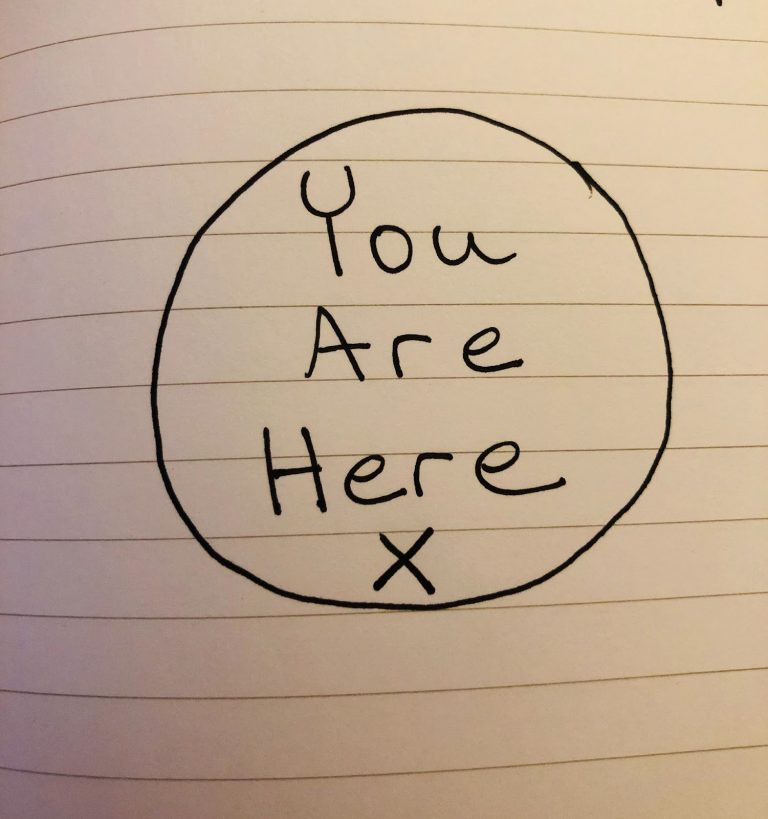
For most of my career as advisor for Results Based Monitoring (RBM) I supported government and NGO teams in changing their perspective and approach to the way projects are planned, implemented and monitored. The most important shift was moving from asking “Why” to asking “What for”.
Over the years and decades thousands of projects have been implemented around the world in reaction to an undesired situation. Wells were drilled, schools and hospitals built, roads constructed, “because there were none.” (Yes, I’m simplifying.). Little thought was given to the people these projects were supposed to serve, until the day governments and organizations found out that schools, hospitals and factories stood empty, community vegetable gardens withered untended, tons of educational material found their utilization as toilet or scrap paper and condoms made pretty balloons to welcome the monitoring team.
RBM aims to shift that focus from the product to the utilization of the product. That’s were people finally begin to play a role and intention becomes the driving force.
In our individual lives we need to make the very same shift if we want to move from victimhood to co-creator of our world.
I can ask anyone to tell me why they’re upset, sad, angry or frustrated and we can spend hours on all the reason why their feelings — and their reactions — are justified.
I yelled at my child, because he made a mess in the kitchen. I stayed in bed all day, because first thing in the morning I received that annoying message on WhatsApp and then I looked out the window and it rained. I ate a family pack of ice cream, because my sister suggested I lose some weight. I got drunk in the restaurant, because my girlfriend only had eyes for that exchange student sitting with us. I hate the whole Christmas season, because my mother always spoils everything with her nagging.
Whatever your reasons are you will always find a million people who totally agree that these are good reasons to do what you do and you will find a million people who tell you that these are no good reasons. So now what?
Whatever our reasons are, as long as we look back to the past and find justification for our behavior there, we remain stuck in reactivity. Our lives are dictated by what other people do or say, what the weather is like and which virus is going around at the moment. We’re so busy judging every incident around us and reacting to it that we lose sight of who we are and what we are here for.
In my experience, this is an exhausting and painful way to live.
What if we created our world instead? A different world. A beautiful world. All we need to do is change the question. What for? This moves us away from justification into the realm of intention.
What do I yell at my son for? This question brings me to what I really want. I want a clean kitchen. I want to make sure my son doesn’t mess up the kitchen again. What’s the best way to achieve this? Yelling. Shaming. Or having him clean it up. Cleaning it up with him.
I want my girlfriend to look at me and be smitten with me. How do I get there? By drinking a bottle of wine and sitting in the corner with a big pout. Or by engaging with the rest of the group. By telling a funny story.
I want to have a peaceful Christmas celebration. How can I get there? By hating every moment of it. Or by creating wonderful moments for me and everyone around me.
When I live in the world of intention, I act with much more consciousness. I celebrate my moment of eating ice cream. I prepare, arrange the scoop on a pretty plate, sit down and enjoy every bite with all my senses. Chances are my body will tell me exactly when it’s enough.
When I live in the world of action, I turn off my phone in the night. In the morning, I stretch in bed like a cat and I think about my intention for the day. Then I get up, make my bed, take my shower, dress and prepare my breakfast. I do whatever I want to do. Then I turn on my phone.
When I live in the world of intention and action, I smile at you without expecting a smile in return. I smile because smiling at you makes me happy. I give the homeless man some money without expecting his gratitude. I give because I have so much and giving is my joy. I listen to my father without hoping that he tells me how proud he is of me. I listen to him, because I appreciate him and I love that he has someone who hears him. I share my experience without expecting you to learn from it and do the same. I share it because I love how much I have learned from it.
Life is good.



